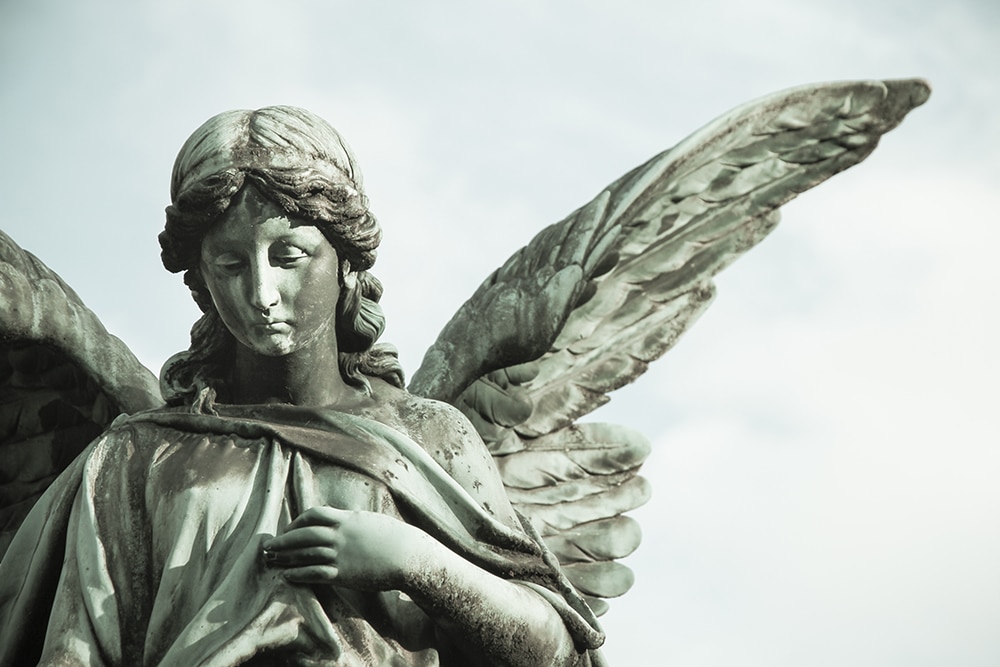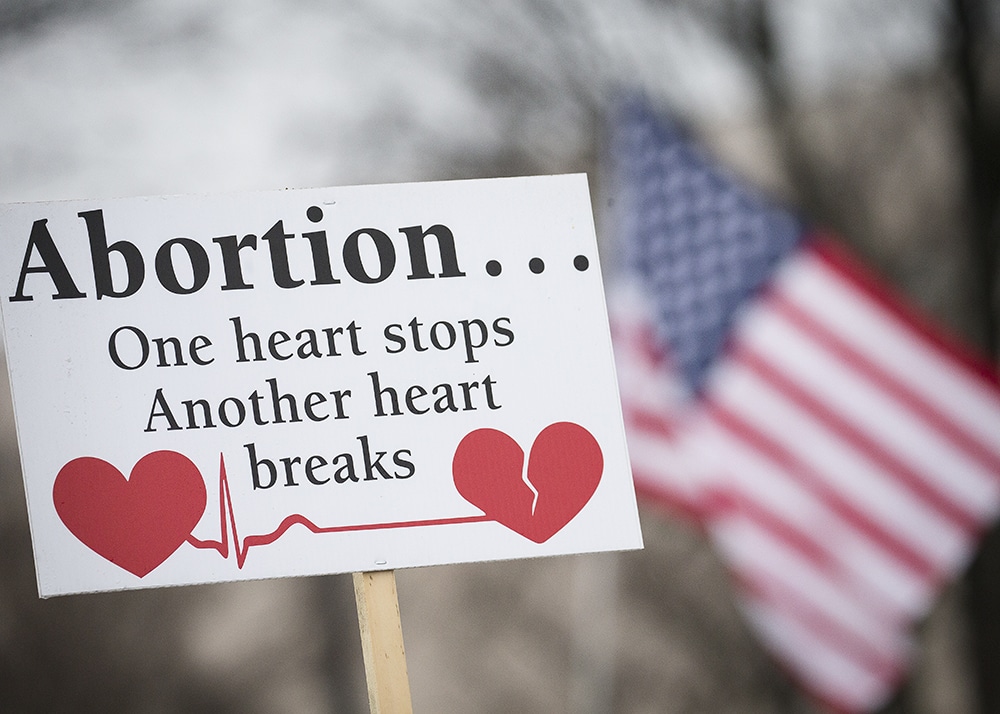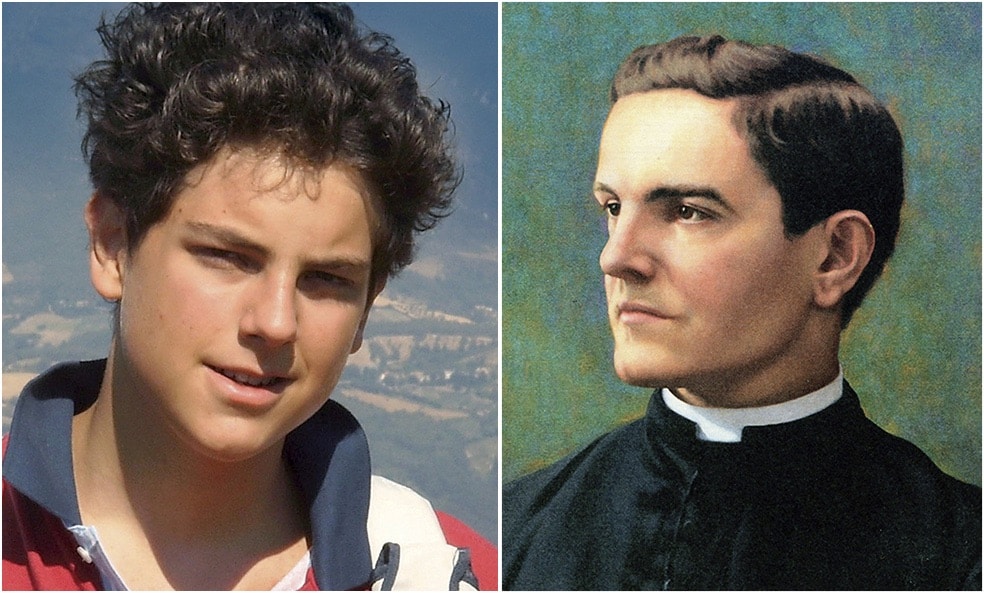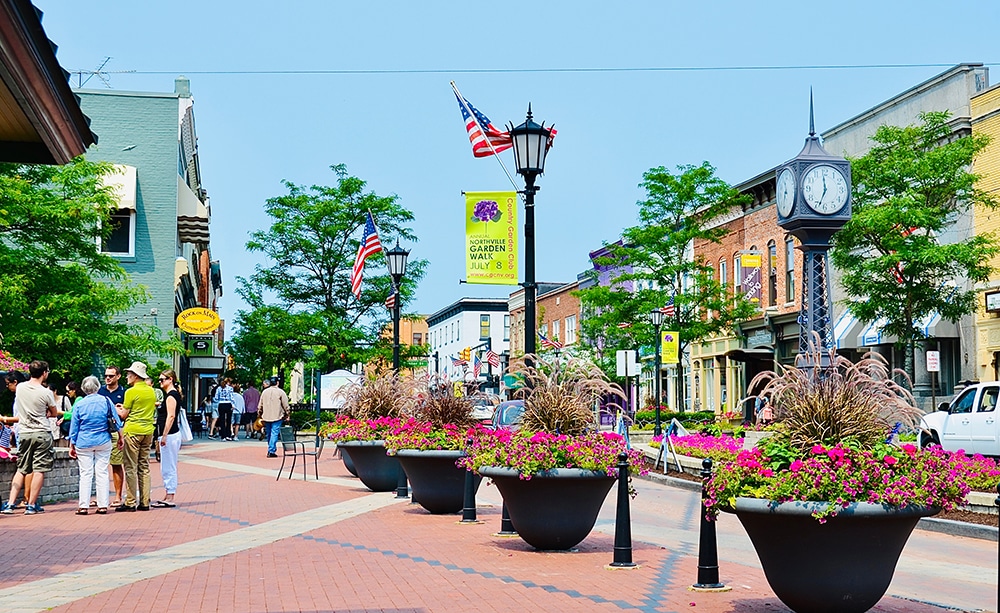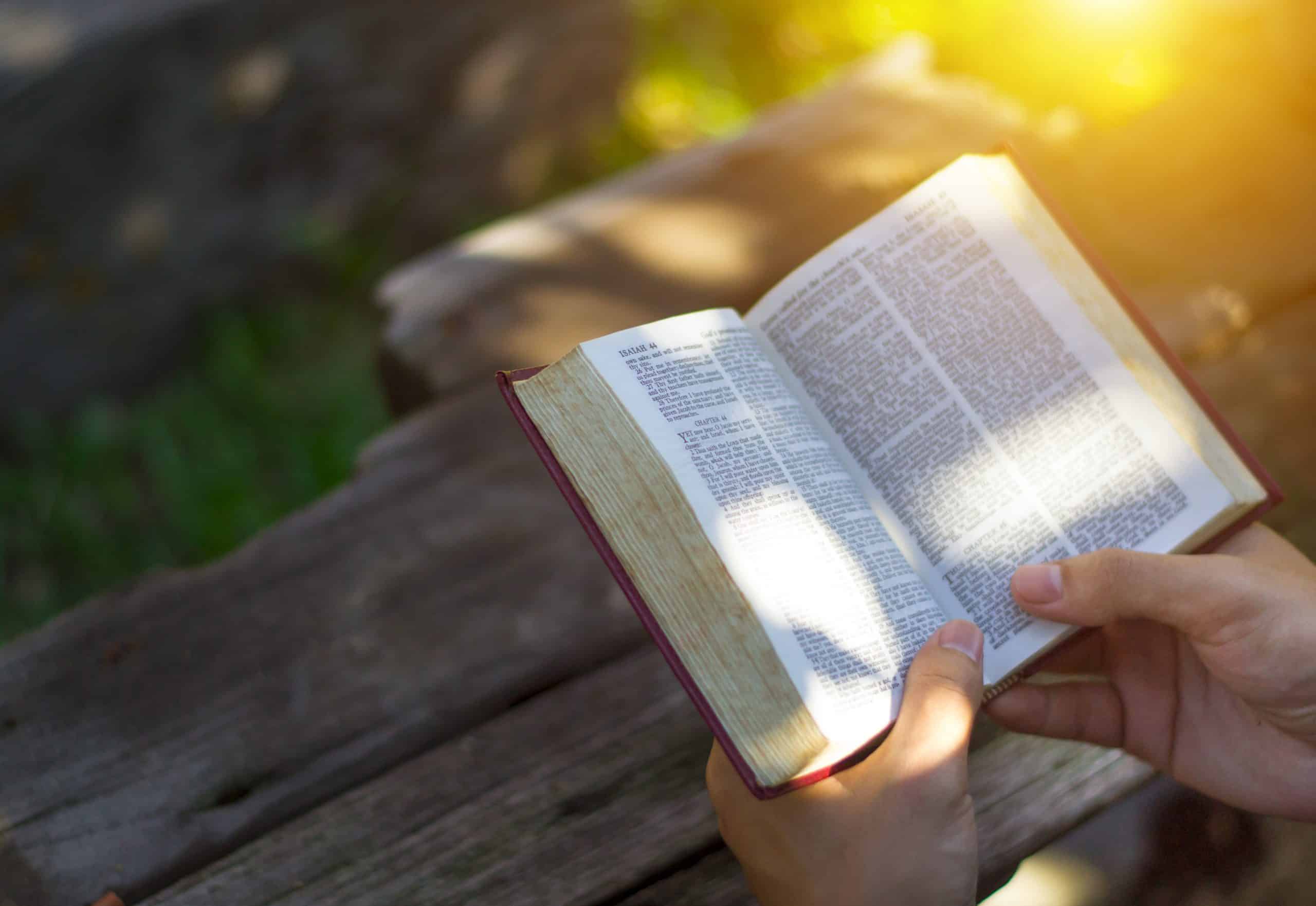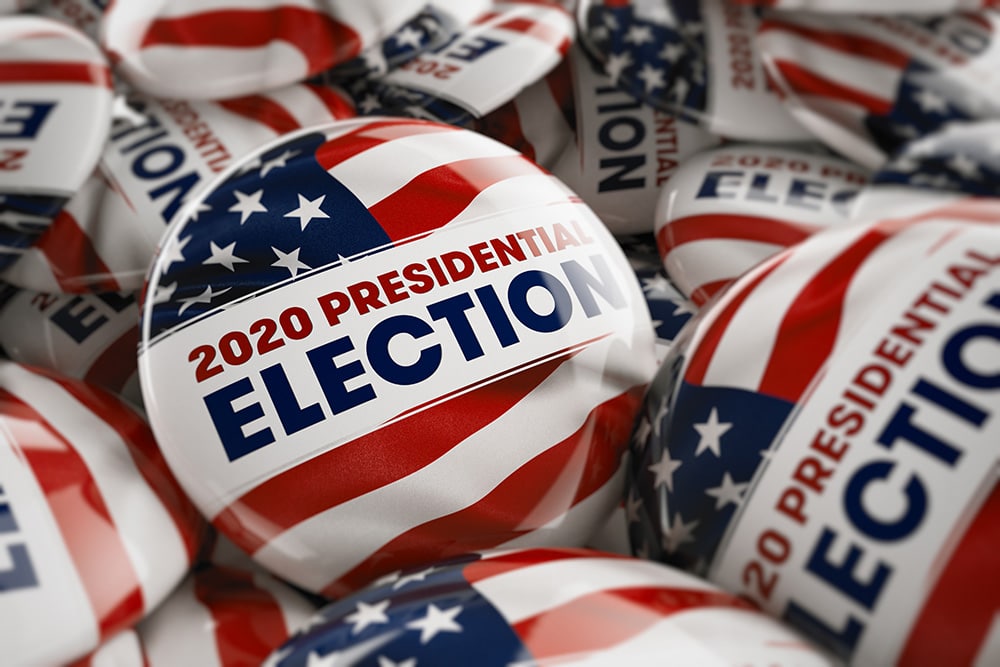Question: Why don’t guardian angels protect babies or children from sex abuse, abduction, etc? So many innocents suffer, and I wonder why this is allowed. Where are their guardian angels?
— Name withheld, Australia
Answer: There are limits in what guardian angels can do. In fact, there are also limits in what God can do to prevent evil. Even though God is omnipotent, there are some things God cannot do: He cannot lie, he cannot do evil or sin. In effect he cannot cease to be God, who is all perfect and sinless. Further, since he has made us free moral agents, there are also things he will not usually do, such as hinder the freedom of human beings or force us into some behavior, even when he foresees grave evils coming forth from our abuse of freedom that harms others. If he routinely intervened each time someone plotted evil we would not really be free. And if we are not free, then we cannot love, for love requires freedom. In permitting evil, however, we must remember that God can draw good things from suffering and evil. Hence he does not simply leave us as victims.
Guardian angels also have limits and do not routinely interfere in the free acts of others. While at times they may direct us and move us along to avoid certain physical dangers, they cannot override our freedom or that of others.
Their principle work is the protection of our soul from evil influences. They cannot force our will so we do not sin. Rather, they guide us toward what is right and seek to dissuade us from what is wrong. They do this by speaking to our heart, mind and conscience. And frankly, moral dangers are more perilous than physical ones, and it is in these matters that it would seem the angels have the most influence.
It would be wrong to wholly exclude the possibility that our guardian angels intervene or push us out of the way of troubles or threats to our physical safety. But what is to be avoided is the notion that they can cancel our freedom or the freedom of others. Further, too much emphasis on physical protection causes questions like yours where it seems their protection from such things is arbitrary. It is better to emphasize that their chief role is guidance and influence to do what is good and avoid what is evil or dangerous.
Politics and Church leadership
Question: Why are so many bishops fearful of clearly denouncing politicians and parties that oppose our faith?
— Name, location withheld
Answer: As a general rule, priests and religious are encouraged to preach and teach the issues and avoid mentioning political parties or candidates. This has less to do with our tax-exempt status (there has never been a prosecution of or loss of tax status in the past because of political speech in a church), and has more to do with prudence. It is a sad truth that most people, including Catholics, are more passionate about their politics than their faith. If a priest says, “Vote for Candidate A,” he is most sure to alienate a good number in his congregation. This is not the same as “being afraid of what people will think.” It is a prudential matter. Since the goal is usually to stay in a longer conversation with all Catholics, it is better in the current circumstances to preach to the basic moral issues throughout the year, not just at overheated political moments. Like it or not, timing is an important matter in teaching the Faith. Just before major elections, is not usually an opportune moment to thoughtfully and effectively teach on difficult moral topics. If parishioners perceive that you are criticizing “their guy,” they shut down pretty quickly and even harden their hearts further.
It does not help that many moral matters have been politicized and that matters most Americans of all political persuasions once agreed upon are now assigned to one party or another. It is also a sad truth that one party is almost unanimously opposed to Church teaching on moral issues related to life, marriage and sexuality. Some bishops have chosen to point this out recently. Other bishops have done so at times more remote from elections. It is a politically tumultuous time, and this should be remembered as we critique bishops who may reasonably come to different conclusions about what is to be done and when. That the Faith should be clearly and consistently taught, however, is surely required.
Msgr. Charles Pope is the pastor of Holy Comforter-St. Cyprian in Washington, D.C., and writes for the Archdiocese of Washington, D.C. at blog.adw.org. Send questions to msgrpope@osv.com.

